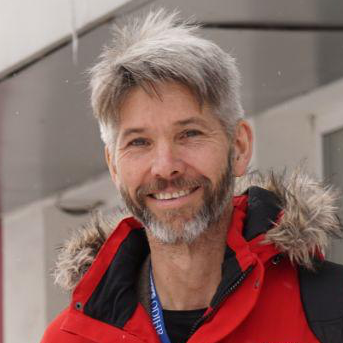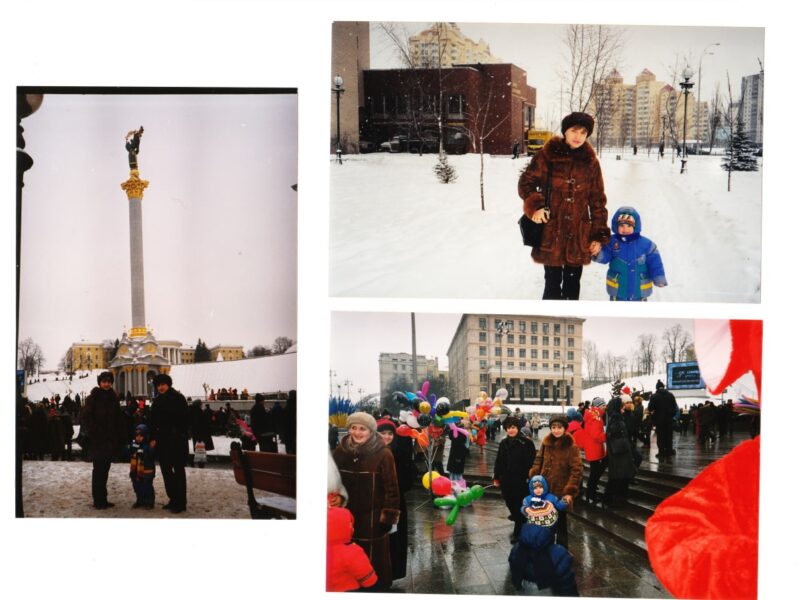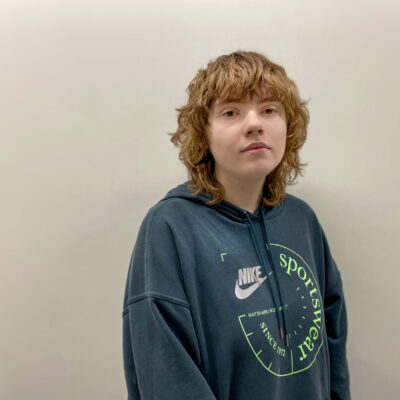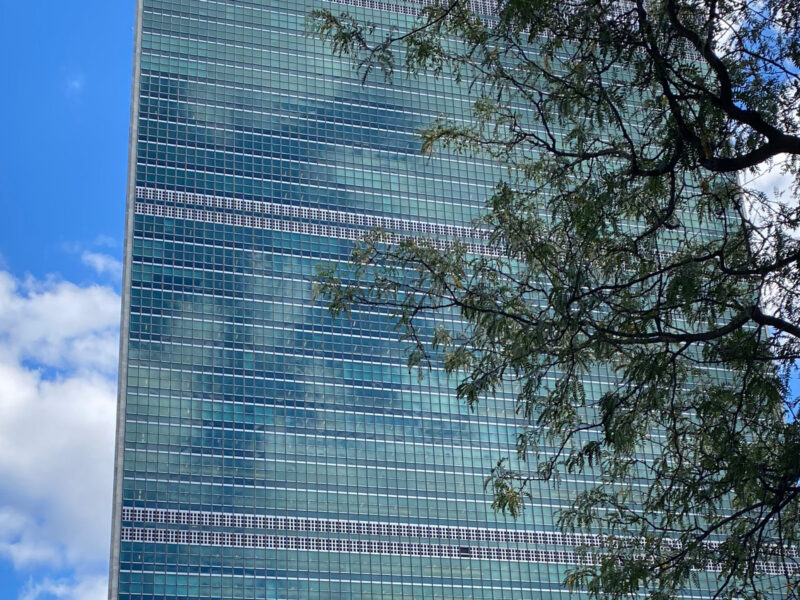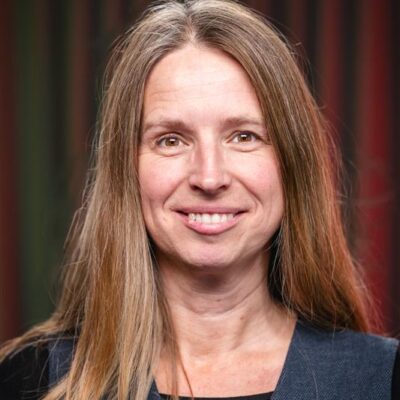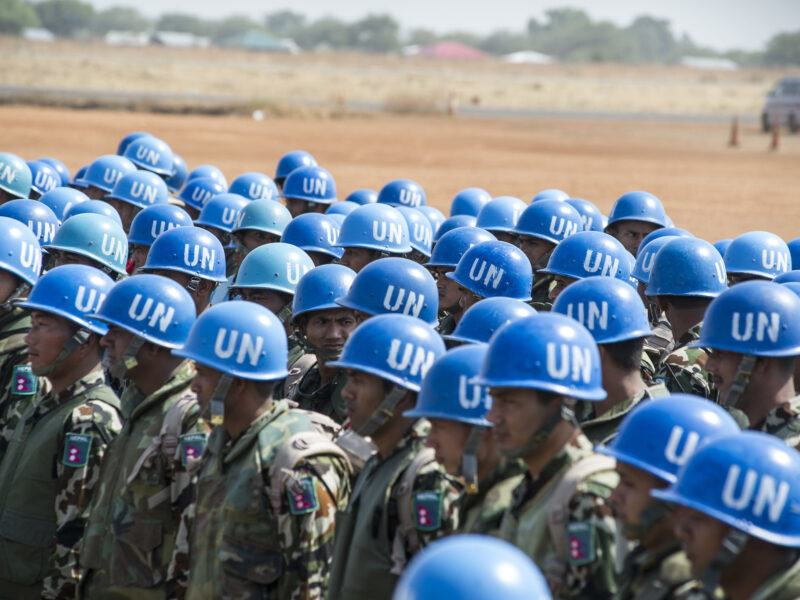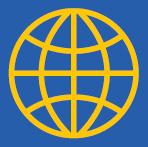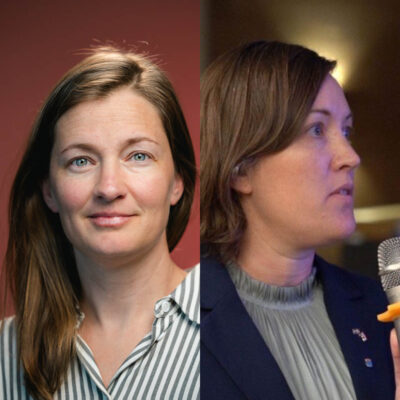Observing Turkey choosing its form of government
Elections are always unique turning points in a country’s history so being an election observer has always felt like a privilege. Now I have been given the rare opportunity to observe history being made in Turkey. Not only is it a constitutional referendum on April 16 in Turkey, to decide the form of government some 80 million will live under; it is carried out in a declared state of emergency with military operations ongoing against state-identified terrorists. This EU candidate country also happens to have a long border to a raging war in neighbouring Syria and Iraq, and hosts millions fleeing their war-torn homelands. Adding to the tension a week before the referendum ISIL declared that Turkey’s polling stations would be targeted for attack on referendum day.
The attempted coup in July 2016 was a real turning point for Turkey. Not only has there been a permanent state of emergency since then, but tens of thousands of public servants – judges, prosecutors, teachers – have lost their jobs and passports. Mayors and members of parliament have been jailed and journalists arrested and 158 media outlets closed. It was into this environment that FBA seconded me for a month-long assignment as Long-Term Observer (LTO). Together with 23 other LTOs and an 11-member core team in Ankara, I have been deployed as part of a Limited Referendum Observation Mission of OSCE Office for Democratic Institutions and Human Rights. While OSCE does not field referendum missions often, our task is familiar – to observe compliance with OSCE commitments, other international obligations and standards for democratic elections and referenda, as well as with the national legislation of Turkey.
We 24 LTOs already paired into 12 teams were informed just days before departure to Turkey where we would be based. While my two Swedish colleagues were assigned to the west coast where they could expect to enjoy Swedish summer weather in April, I and my Danish LTO partner Karin were to cover the mountainous northeastern corner of the country, 12 provinces in all. Our base is the rapidly growing city of Erzurum, historically important for the birth of the Turkish Republic and often favoured by President Erdogan. I quickly googled the city and at 1890 metres above sea level Erzurum is also Turkey’s coldest city. I unpacked my short sleeved shirts and took out my snow gear.
Both Karin and I were quite positive to cover a region which few tourists discover. As our area of observation borders on the Black Sea, Georgia, Armenia, Azerbaijan and Iran, it is incredibly ethnically diverse. Besides Kurds and their cousins the Zaza, our area contains many Azeris, Armenians, Georgians, Turkmen, Laz, Hemsin and a few other groups. We therefore try to balance the need of documenting the intra-regional differences in the referendum campaign and balloting preparations through extensive travels with the deeper investigation of impact of power structures on the equal participation in the referendum. It meant countless interviews of politicians, officials, journalists, rights activists, and unions, field observations and photo documentation of infringements in Turkish law, monitoring local press and social media, plus watching campaign rallies of all major parties. Following a society’s struggle with democracy is not only fascinating, but as well thought-provoking regarding our own relationship to parties, campaigning and citizen participation.
av Robert Hall
